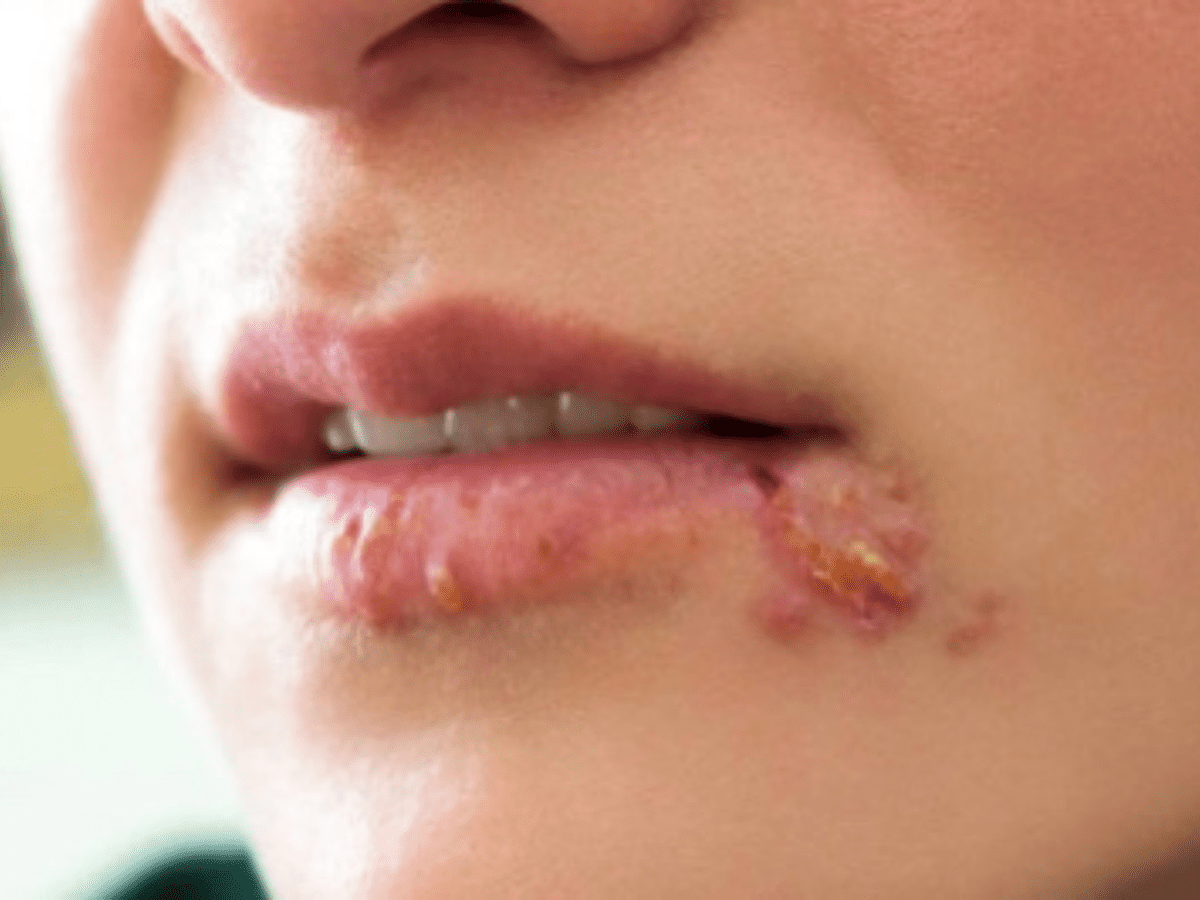After discovering genital herpes, you will likely be inundated with questions. The best way to deal with your fears and learn about this contagious disease is to educate yourself. Gathering the necessary information will help you make smart decisions and prevent a recurrence. Talking to a counselor is a great option as well. If you feel uncomfortable discussing your new condition, you can discuss your options with someone more knowledgeable.
Most patients will experience repeat outbreaks in the first year. Although a healthy immune system can prevent repeat outbreaks, eliminating the virus is not always possible. Repeat outbreaks are typically triggered by an external factor, such as sex. In some cases, women experience this trigger during their menstrual cycle. A few warning signs indicate a recurrence of the illness, including a persistent sore in the same place for at least 24 hours.
A herpes infection can cause pain during sexual intercourse and in the genital area. An outbreak may last for months or even years, but it’s important to seek treatment as soon as symptoms appear. Although genital herpes outbreaks tend to be mild, recurrence is possible. A doctor can prescribe treatment that will help to manage your outbreaks. Symptoms of herpes treatment include red, blisters, and pain. A recurrence may occur two to four weeks after the first outbreak. Repeat episodes are usually not as severe as the first and may last only a few days or weeks.
Depending on the severity of your outbreak, herps treatment can take several forms. For example, the first episode is typically treated with 7-10 days of oral antiviral medicine. A second strategy is known as episodic therapy. This therapy requires you to take an antiviral medication only when an outbreak occurs. This strategy is useful if you have fewer than six outbreaks yearly but does not reduce outbreak frequency. But, it does decrease the severity and duration of an outbreak.
If you suspect hsv2 genital herpes, a dermatologist can perform a swab test to help determine the infection and the best treatment plan. Alternatively, a doctor may perform a blood test if you are experiencing symptoms of genital herpes. The test is fast and easy to perform, and the results of this test can take a few days to arrive.
Once infected, a person can pass the virus to an uninfected partner. The risk of transmitting genital herpes is greater for an infected male to an uninfected woman. During sexual intercourse, the infection can be transferred through the skin near the genitals. The virus is easily transmitted to others as long as the two parties have unprotected genitals.
Antiviral medications may be prescribed to prevent recurrences of herpes. One such drug is famciclovir, which uses penciclovir as its active ingredient, and this drug works by inhibiting HSV’s ability to replicate itself. Get genital herpes cure from Herpecillin. Famciclovir is also well-absorbed and stays in the body longer than acyclovir, making it ideal for recurrent outbreaks. Its effectiveness is limited, but this antiviral drug is commonly Alabama Drug Rehab prescribed to people with herpes outbreaks.
Generally, outbreaks will decrease over time. If not treated, genital herpes can lead to complications such as vaginal yeast infections, trouble urinating, and in rare cases, meningitis. Condoms are an excellent method of preventing genital herpes and are necessary for vaginal, oral, and anal sex. Using condoms can protect infected areas and reduce the risk of transmitting herpes to the child.
In a recurrence, symptoms usually last eight to ten days and have fewer sores than the initial episode. Although you may not experience any symptoms after experiencing an outbreak, you can transmit it to others if you have direct contact. Genital herpes is transmitted through moist skin and contact with other body parts. However, the virus cannot be transmitted by touching surfaces or sharing a cup or towel.
In some cases, the outbreaks of genital herpes are so severe that they require hospitalization. People with weak immune systems are particularly susceptible. If you notice symptoms of genital herpes, seek medical attention right away. A physician can test the virus by examining a sample of the sore or blister. Your health care provider may also run a blood test to rule out other possible infections. You should also tell your current sexual partners that you have genital herpes to prevent further transmission.












Discussion about this post